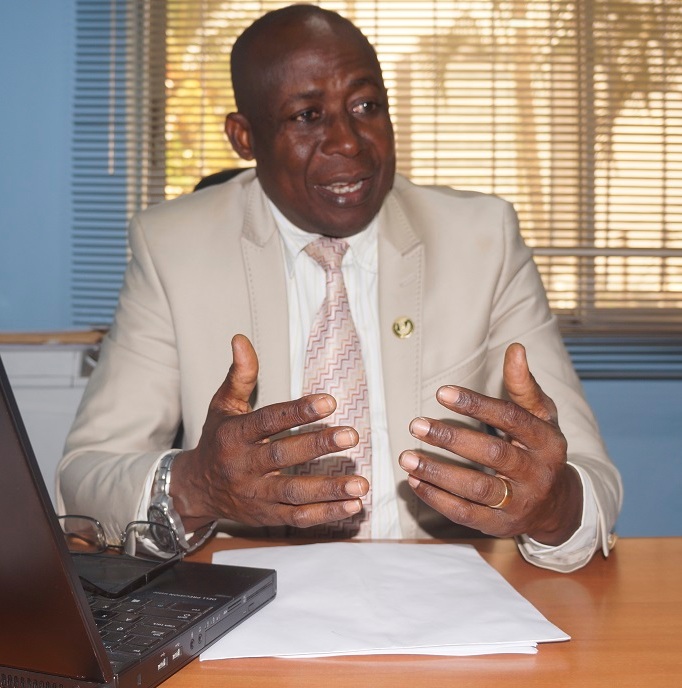By Oluwatobi Opusunju
Growth with sustainability for Nigeria’s tech sector can only be attained through positive investors-friendly regulations; two experts with knowledge of the Nigerian industry have told IT Edge News in Lagos in separate interactions.
Since it was privatized, Nigeria’s telecommunication sector has grown in leaps and bounds with about 236 million connected lines and over $80b investments. In the second quarter of 2017, the sector contributed about N1.54 trillion to the country’s Gross Domestic Product (GDP), representing about 9.5 per cent of the country’s GDP to underscore the rising profile of the sector’s impact, according to figures released by the National Bureau of Statistics.
While the Director of Operations – Telecoms, PPC Integrated Systems, Mr. Patrick Ede reiterated the need for a positive regulation in the sector as a panacea for growth and sustainability of operators in the country, the President of Association of Telecommunications Companies of Nigeria (ATCON), Mr. Olushola Teniola is warning that growth could be stunted if the challenges facing the industry are not readily addressed.
“We must not be persuaded by the high figures to believe the industry is not in trouble. Issues like Right of Way (RoW) and over taxation are impacting negatively on all operators and certain policies appear not to favour small operators – invariably, the sector will suffer as operators find the environment to be stifling,” said Teniola.
“Positive regulations can drive the sector upward but a negative policy will stall development and kill the existing ones. The government must drive the right policy to get an enabling environment for operators and stakeholders,” said Ede.
“It’s however, not just about the policies but also the political willpower to drive them or implement them. Because what’s a policy if it cannot be implemented?” Ede queried.
As home to Africa’s largest market of over 180 million people, Nigeria holds strong attraction for investors but experts say the country still need to do more to push up its ease of doing business. While support infrastructure remains a dire challenge, policies that affect the field operations of investors or absence of strong safeguards against multiple taxations have disturbed existing operators and made prospective ones wary of entering the market
“There is more that could still be achieved to bring about ease of living and doing business in the country, and an enabling environment is needed for that,” said Teniola.































